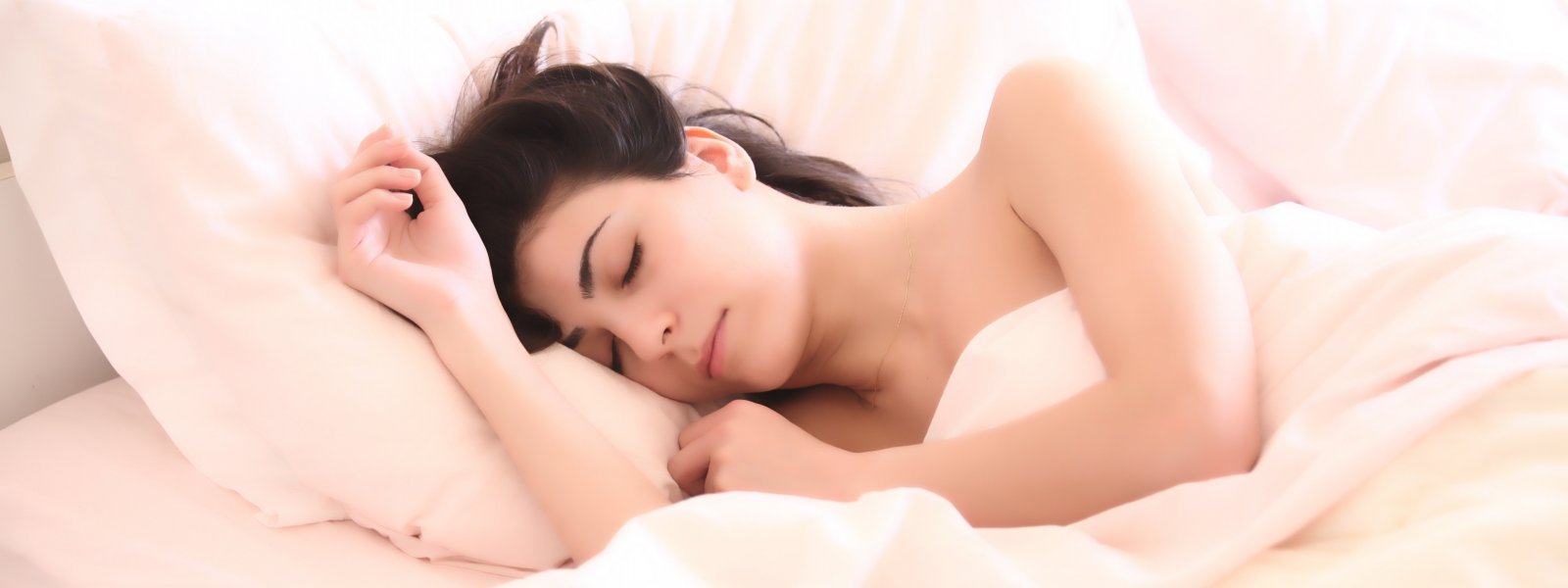How to get a good night’s sleep
Sleep is vital for wellbeing, but we know that if you have pulmonary hypertension, it can sometimes be a problem. Try these tips to feel rested and refreshed when you wake.
Turn your bedroom into a sanctuary.
A messy room means a messy mind. Putting clothes away, tidying your bedside table, removing dirty cups and keeping cosmetics in the bathroom instead will create space, and in turn, a feeling of calm.
Blackout blinds or curtains can be a life-saver during the summer months. And the temperature of your room is really important too. The Sleep Council recommends a cool temperature of around 16-18 C (60-65 F).
Decorate your room in soft, muted tones and add special touches such as family photographs or plants to make the space welcoming and personal to you.
Experiment with ear plugs.
If you frequently wake in the night, it may be due to noises that you can’t do much about. Creaking pipes, a snoring partner, heavy rain or pets padding around the room can all make you stir, especially if you’re not in a deep sleep.
There are all sorts of ear plugs available now, from cheap disposable ones to premium reusable silicone ones. Ask your pharmacist if you’re not sure which to go for.
Keep technology away from the bedroom.
That means TVs, laptops, tablets and games consoles – and ideally, your mobile phone too!
If you must use your phone or tablet, use the blue light filter option (usually available via ‘settings’). This decreases the amount of sleep-hormone-zapping blue light displayed on the screen of the device.
If you use your phone as an alarm, use a traditional alarm clock instead, or place your phone outside of the room (this has the added benefit of ensuring you get up as soon as your alarm goes off!)
Empty your head.
If stress or worry is making your mind race at bedtime, writing things down is a simple but highly effective tactic. Keep a pen and paper by your bed and make a list of what’s troubling you, or what you need to do the next day, and free up that space in your head.
Reading a book can also help you switch off by providing escapism without a screen.
Be careful with caffeine.
Caffeine is a stimulant, which means it promotes alertness – the opposite of sleep!
Avoiding coffee, energy drinks, tea and coca cola (all of which contain caffeine) completely is the best idea, but realistically, limiting them to before noon will still make a difference.
Hot drinks can still be enjoyed in the evening but stick to herbal / fruit teas or hot chocolate if you can. Caffeine-free coffee (really!) and teabags are becoming more widely available, so you can get the taste without the stimulation.
Move more to sleep more.
Regular exercise (within your limitations) has been proven to make a difference to sleep patterns. It helps release any pent-up tension, making you more relaxed, and lowers your body temperature too – which promotes better sleep.
The jury’s still out on the best time to exercise, so it’s worth experimenting to see what works for you.

What works for you?
These PHA UK members have their own advice…
Linda M: I find washing my hands and face with mint liquid soap helps me sleep.
Sarah L: An audio book helps me get to sleep and my room has to be as pitch black as possible. Even lights on my TV box can annoy me. When I get up in the night, for a while I would tap my phone to check the time, but I try not to do that anymore.
Robert O: A bottle of water by the bed helps so I don’t have to get out of bed for a drink.
Joanna K: A bath before bed helps me relax. And clean sheet and fresh pyjamas always make bedtime for inviting!
Ian B: My wife uses an app called ‘Insight Timer’ which has various meditations and calming music. She prefers the stories on it to get to sleep.
Gillian H: Plenty of fresh air helps me sleep.
Elizabeth F: Counting backwards from 1000 helps me sleep as it takes concentration so distracts me from racing thoughts. I don’t think I’ve ever got down to below 500!
















